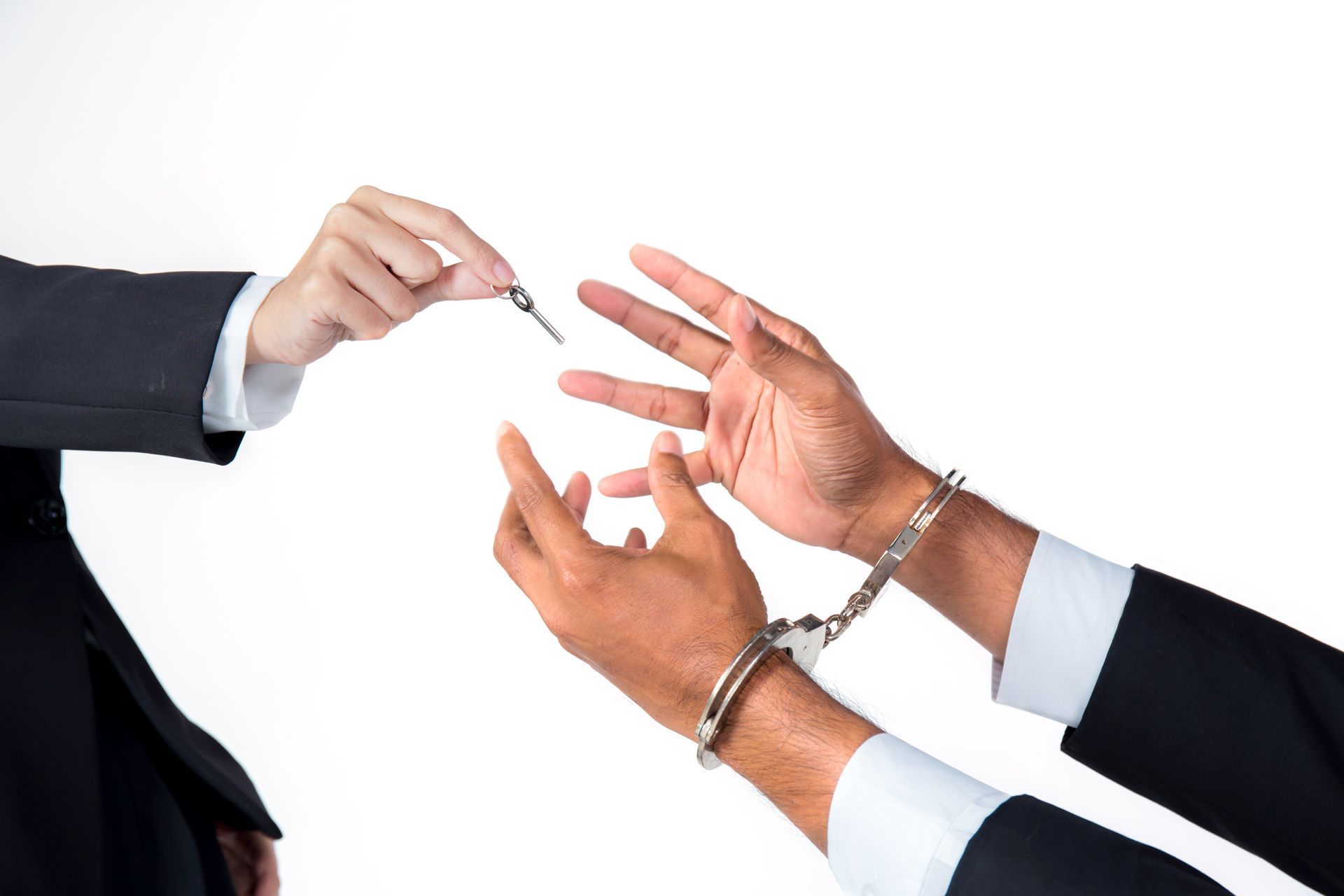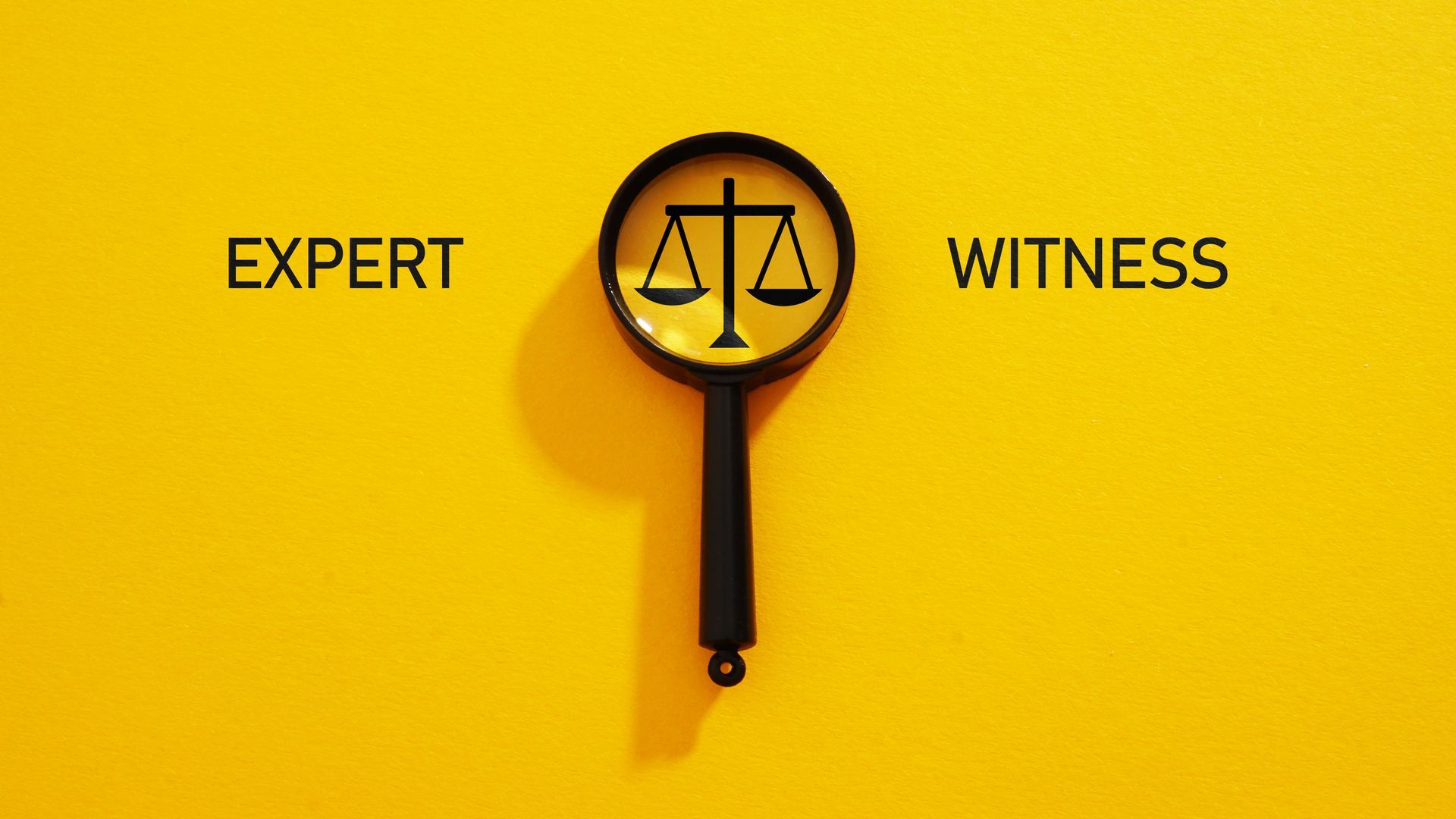How Forensic Toxicology Can Be Used to Challenge DUI Charges in Arizona

Driving Under the Influence (DUI) is a serious offense in Arizona, carrying severe penalties that can include hefty fines, license suspension and imprisonment, even for first-time offenders.
Arizona is known for having some of the strictest DUI laws in the country, making it crucial for anyone charged with a DUI to understand the defense strategies available to them. One of the most effective ways to challenge a DUI charge is through the use of forensic toxicology, a scientific discipline that can play a pivotal role in challenging the validity of the evidence presented by the prosecution.
Forensic toxicology involves the study of the effects of drugs and alcohol on the human body and the analysis of bodily fluids, such as blood and urine, to detect the presence and concentration of prohibited or controlled substances.
In the context of a DUI case, forensic toxicology can be used to scrutinize the accuracy of blood alcohol concentration (BAC) tests, the reliability of testing methods, the integrity of the sample chain of custody, the validity of field sobriety tests, and the overall interpretation of the evidence.
DUI Laws in Arizona
Under Arizona law, it is illegal to drive:
- With a BAC of 0.08% or higher for regular drivers.
- With a BAC of 0.04% or higher for commercial drivers.
- With any detectable amount of drugs or their metabolites in the body if the driver is impaired to the slightest degree.
Arizona also has an "implied consent" law, meaning that by driving in the state, you automatically consent to chemical testing if an officer has reasonable suspicion that you are under the influence. Refusal of a test can result in an automatic license suspension, even if you were sober at the time.
The Role of Forensic Toxicology in DUI Defense
Questioning the Accuracy of BAC Testing
One of the most common pieces of evidence in a DUI case is the defendant’s BAC. However, BAC results are not infallible. Forensic toxicologists can challenge the accuracy of these tests by examining the following factors:
- Calibration of Testing Equipment: Breathalyzers and other BAC testing devices require regular calibration to ensure accuracy. If the device was not properly calibrated or maintained, the results could be inaccurate.
- Collection and Handling of Samples:
The method used to collect and store blood or urine samples can significantly impact the accuracy of the results. Contamination, improper storage or delays in testing can lead to false positives or inflated BAC levels. While breath tests provide immediate results without storing a sample, the accuracy of the test can still be influenced by factors such as the calibration of the device and the administration procedure.
- Physiological Factors: Individual factors such as metabolism, medical conditions and the presence of certain medications can affect BAC readings. For instance, people with diabetes or those on specific medications might have BAC readings that do not accurately reflect their level of impairment.
Challenging Field Sobriety Tests
Field sobriety tests (FSTs) are often used by law enforcement to establish probable cause for a DUI arrest. These tests include the Horizontal Gaze Nystagmus (HGN) test, the Walk-and-Turn test and the One-Leg Stand test. However, FSTs are subjective and can be influenced by numerous factors unrelated to alcohol consumption.
Forensic toxicologists can provide expert testimony to highlight the limitations and potential inaccuracies of these tests:
- Physical Limitations: Age, weight and physical disabilities can affect a person’s ability to perform FSTs, leading to false indications of impairment.
- Environmental Conditions:
Weather, road surface and lighting conditions can also impact the results of FSTs. A forensic expert can argue that these external factors, rather than intoxication, may have contributed to a poor performance on the tests.
- Nervousness and Stress: Being stopped by police and asked to perform FSTs can cause anxiety, which can impair a person’s performance regardless of their level of intoxication.
Analyzing Drug Impairment
Arizona’s DUI laws not only cover alcohol impairment but also impairment by drugs, including prescription medications, over-the-counter drugs and illegal substances. Proving drug impairment is often more complex than proving alcohol impairment and forensic toxicology plays a critical role in these cases.
- Drug Metabolites: Unlike alcohol, which can be measured directly in the bloodstream, drugs are often detected through their metabolites, which are byproducts of the body’s efforts to break down the substance. The presence of these metabolites does not necessarily indicate current impairment, as they can remain in the system long after the effects of the drug have worn off.
- Drug Tolerance: Frequent users of certain drugs, such as medical marijuana patients, may develop a tolerance that diminishes the drug’s impairing effects. A forensic toxicologist can argue that the detected levels of a drug in the defendant’s system were not sufficient to cause impairment.
- Prescription Medications: Many prescription medications can cause side effects that mimic impairment, such as drowsiness or dizziness. A forensic toxicologist can help distinguish between the effects of the medication and actual impairment.
Timing of the Test
The timing of the BAC or drug test relative to the time of the stop is another critical factor. Alcohol and drugs are metabolized at different rates, and BAC levels can rise or fall significantly within a short period. Forensic toxicologists can use this information to challenge the relevance of a BAC test taken long after the defendant was actually driving.
Consider a scenario in which a driver who just had a drink before they got in their car was pulled over. At the time of the stop, their blood alcohol concentration (BAC) was below the legal limit. If the police administered the BAC test an hour later, it’s possible that the BAC could have risen above the legal limit by then, even though it was lower when they were actually driving.
This phenomenon, known as "rising BAC," can result in a BAC reading that overstates the level of impairment at the time of driving.
The Importance of Expert Testimony
In any DUI defense strategy involving forensic toxicology, expert testimony is crucial. A qualified forensic toxicologist can explain complex scientific concepts to the court and provide alternative interpretations of the evidence that challenge the prosecution’s narrative. This testimony can cast doubt on the reliability of the BAC, field sobriety or drug test results, potentially leading to reduced charges, acquittal or even a dismissal of the case.
People Charged With DUI in Phoenix Deserve Fair Treatment and an Aggressive Defense
If you're seeking a motivated and aggressive defense lawyer for your DUI case and want a dedicated advocate on your side, Michael Alarid III is here to help.
Board-certified in DUI defense through the National College for DUI Defense (NCDD) and an Arizona board-certified specialist in criminal law, Michael Alarid III has an in-depth understanding of forensic toxicology, law enforcement policies and common procedural errors. He will strive to identify weaknesses in the prosecution’s case or evidence that can be exploited.
Contact us today for a free case evaluation or give us a call at (602) 818-3110.



